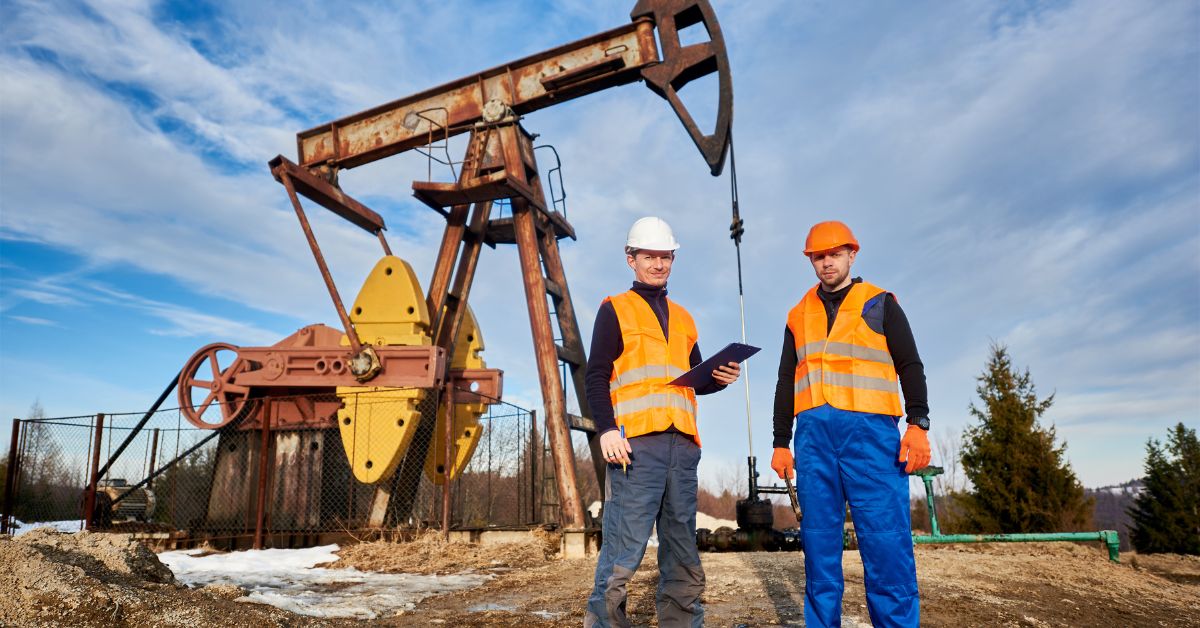The Role of Third-Party Liability in Oil Field Injury Cases

Who is liable for oil field injury cases? Often, the insurance company or court attributes at least partial liability to the oil company. But in some cases, a third party may also be responsible.
If a third party is responsible for your oil field injury, you may be able to seek compensation beyond your workers’ comp claim. Understand the role of third-party liability in oil field injuries.
What Third Parties May Be Responsible for Oil Field Injuries?
A “third party” is any entity aside from your employer and your co-workers that may be partially responsible for the accident. Below are a few examples of third parties that have been liable for oil field accidents in the past.
Manufacturers
Equipment manufacturers are often liable for accidents resulting from equipment failure or malfunction. Manufacturers are responsible for producing equipment that works according to operating instructions. If your company operated the machinery correctly and performed regular maintenance, yet a severe malfunction occurred, the manufacturer could be liable for producing faulty parts or even failing to adequately warn about potential dangers associated with using the equipment.
Maintenance Companies
Many oil field companies work with third-party maintenance companies to inspect, test, and maintain their equipment. When machines fail due to a lack of maintenance, the designated maintenance company may be liable for failing to fulfill the duties in its service contract.
Contractors
When oilfield businesses hire contractors or subcontractors to complete specific tasks, those workers are considered third parties. The contractor may be liable for accidents that occur due to their negligence, whereas a regular employee would not be directly liable, as the victims would seek workers’ compensation instead.
Holding a Third Party Liable for an Oilfield Accident
To successfully hold a third party responsible for your accident, you’ll need extensive evidence showing that the third party’s negligence caused or contributed to the incident. This evidence can vary depending on the role the entity played in the oil field company.
For instance, if a maintenance company failed to perform the proper inspections on your company’s equipment, you would need to find service records indicating the last maintenance date. Your attorney could look at the contract between your company and the maintenance company to understand how often it should have been performing maintenance.
In contrast, showing that an equipment manufacturer was liable may require you to provide video evidence of the equipment failing or record witness testimonies. If other oil companies have experienced similar failures, you can point to these examples as well.
Gathering adequate evidence to support oil field injury cases can take some time, but your attorney has access to legal resources to streamline this process.
Third-Party Claim vs. Workers’ Compensation Claim: Which Should You File?
If your accident happened at work or while fulfilling your job duties, you can probably file for workers’ compensation through your employer, regardless of who was liable. Many oil field companies provide workers’ compensation benefits to employees. Your workers’ comp claim should cover medical bills and time off work while you heal.
But if a third party was technically liable, you may be able to seek additional compensation through a third-party personal injury claim. You can also consider a personal injury lawsuit if your employer does not offer workers’ compensation.
You’ll want to consult an attorney before taking legal action or seeking compensation, as in some cases, filing for workers’ compensation could limit your eligibility for a personal injury claim.
Contact an Experienced Oil Field Injury Lawyer
Fadduol, Cluff, Hardy & Conaway, P.C. has represented victims of oil field injury cases across New Mexico or Texas for many years. If you need help understanding third-party liability or filing your injury claim, don’t hesitate to reach out. Call 432-335-0399 for legal assistance.
